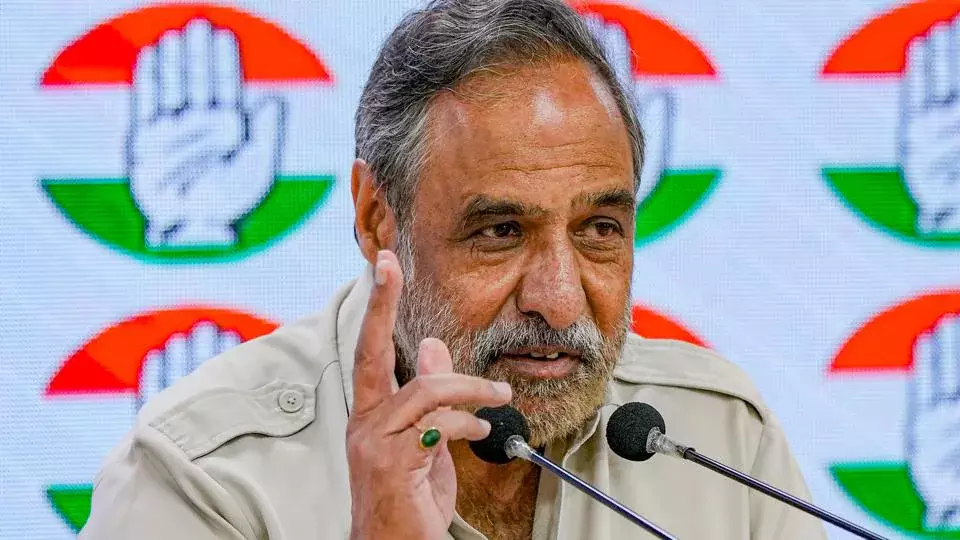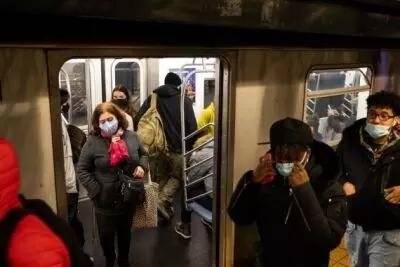
Need to re-sensitise public on Covid-19 safety precautions,finds study
text_fieldsNew York: A new study based on news articles on Twitter, finds that public has pushed the envelope on Covid-19 safety precautions and ignored warnings 11 months after the Covid pandemic.
The study was published in the Journal of Medical Internet Research Infodemiology.
Researchers at University of California-Davis examined how Covid-19 news articles shared to Twitter were first met with anxiety-ridden tweets early in the pandemic, during a coinciding spike in instances of panic-buying, extreme social distancing and quarantine measures.
Study found that despite the increased death toll, those behaviours then gave way over time to less concerned responses to Covid-19 news, along with increases in societal risk-taking during that time period.
"Our study shows a need to delve deeper into how to re-sensitise the public and motivate them to take action in the face of an ongoing emergency. Testing the effectiveness of various health-risk communication strategies could quite possibly mean the difference between life and death in the future," said said lead author Hannah Stevens, a doctoral student from the varsity's Department of Communication.
"If another health crisis occurred today, or Covid-19 takes another turn for the worse, it is essential for public health officials to consider that they are communicating to a desensitised public. I hope that this paper can be an impetus to get that discussion started," she added.
During a period of 11 months, the team used a computerised methodology to analyse linguistic anxiety levels in hundreds of Covid-19 news articles on Twitter, along with the anxiety levels in corresponding user tweets. They then correlated the findings with the Covid-19 death toll in the United States.























